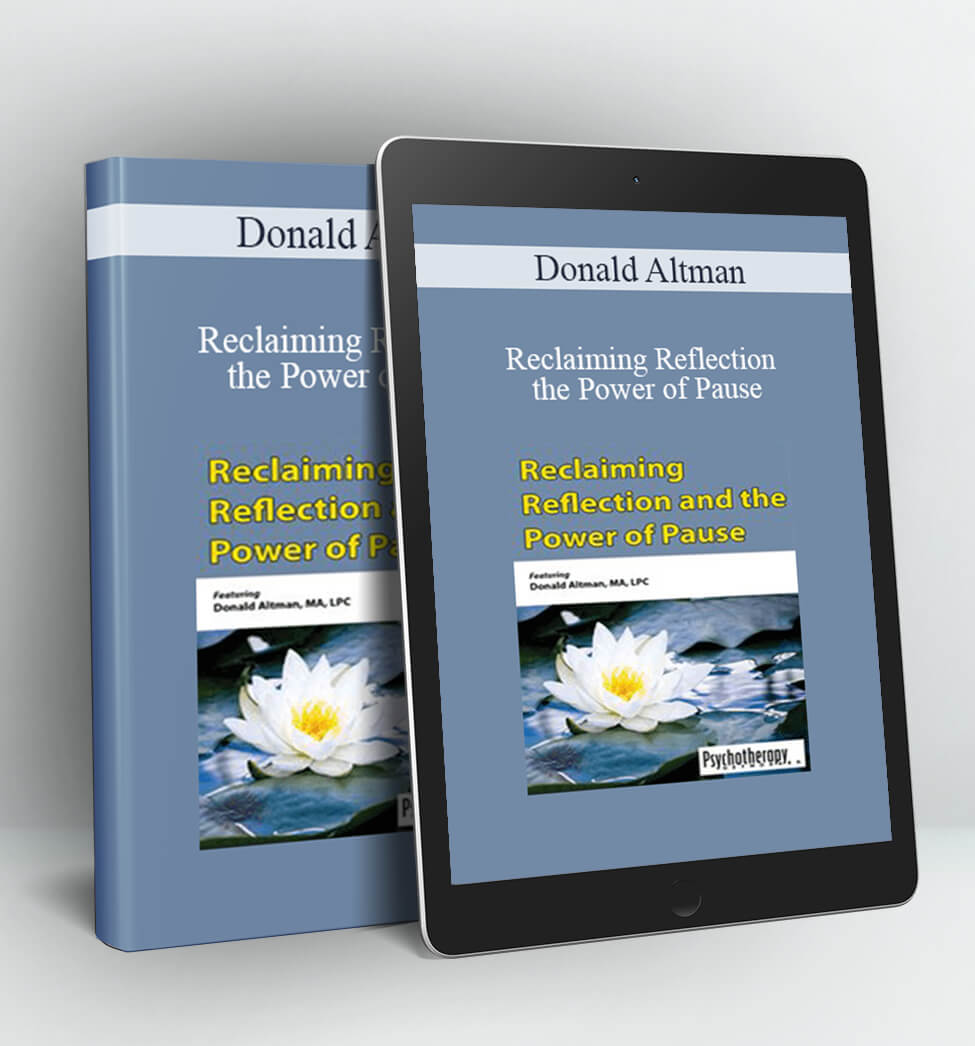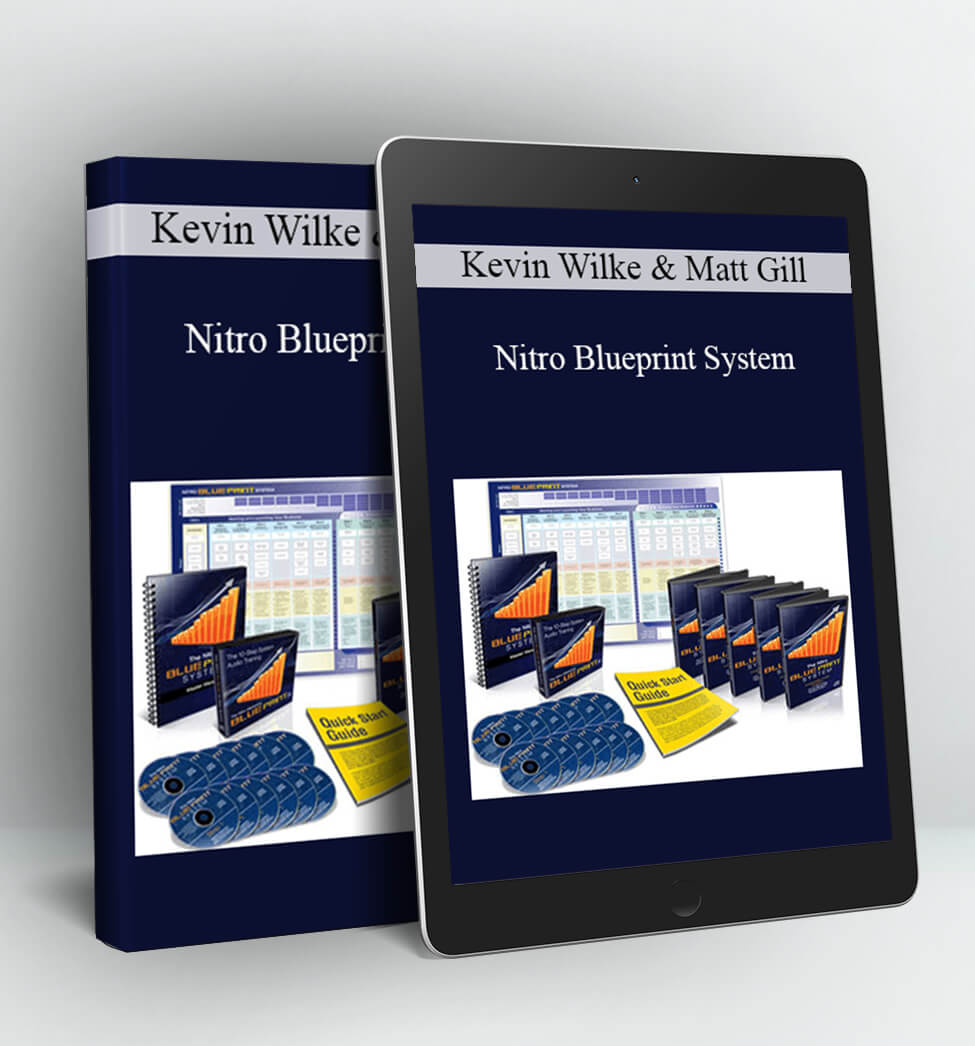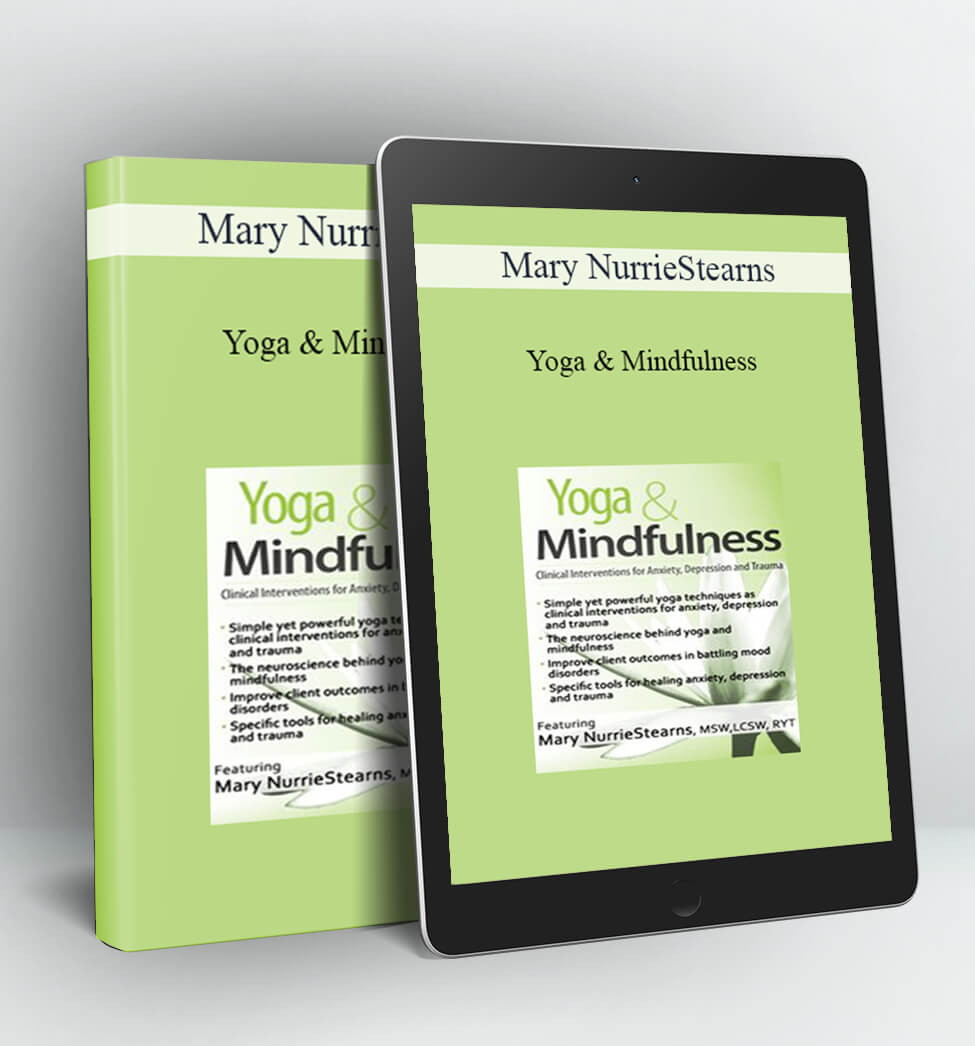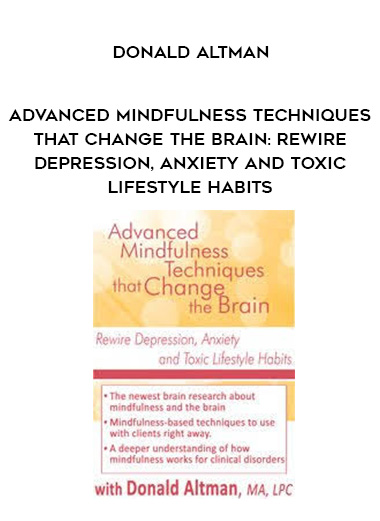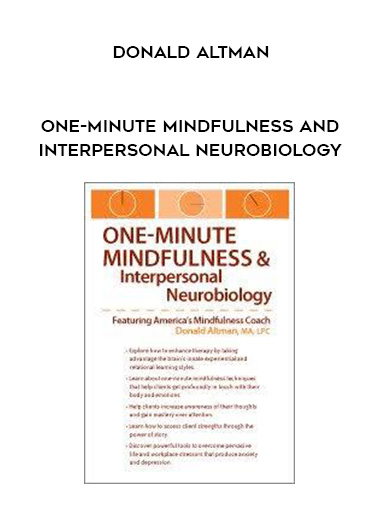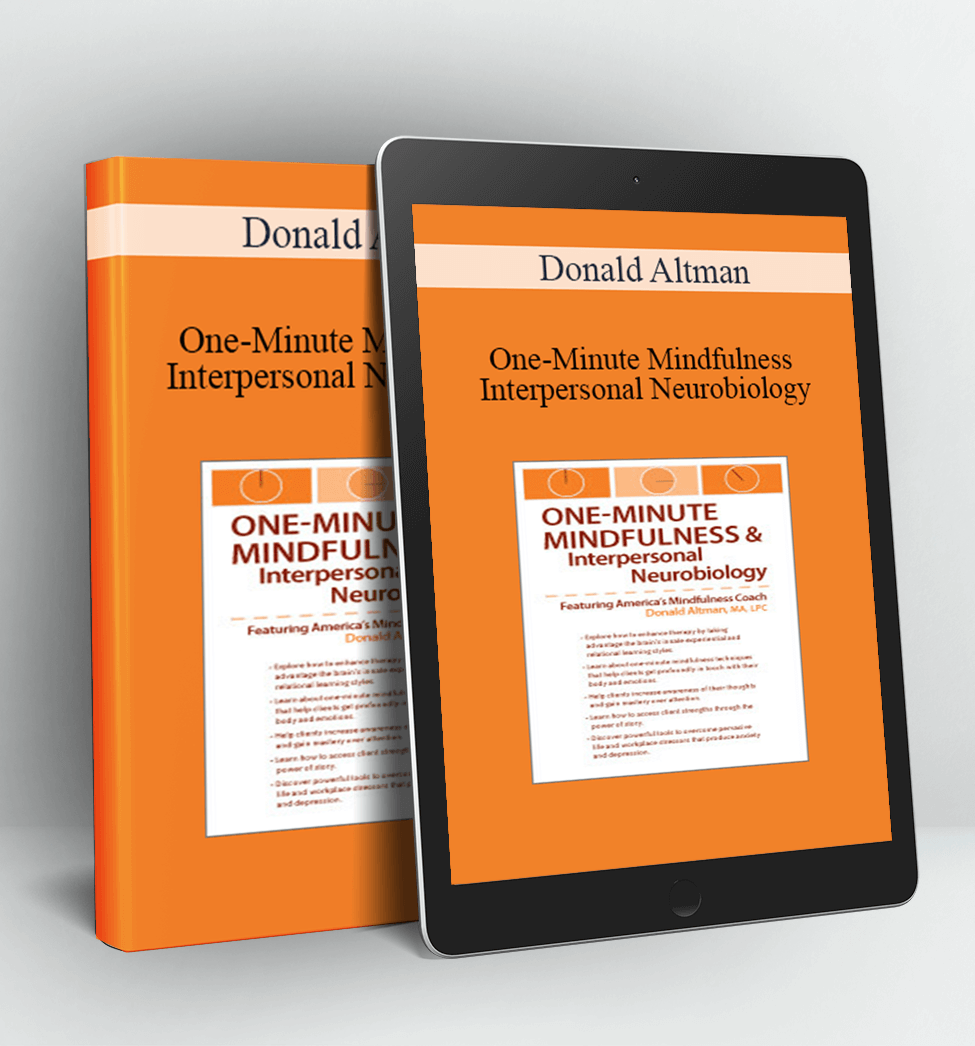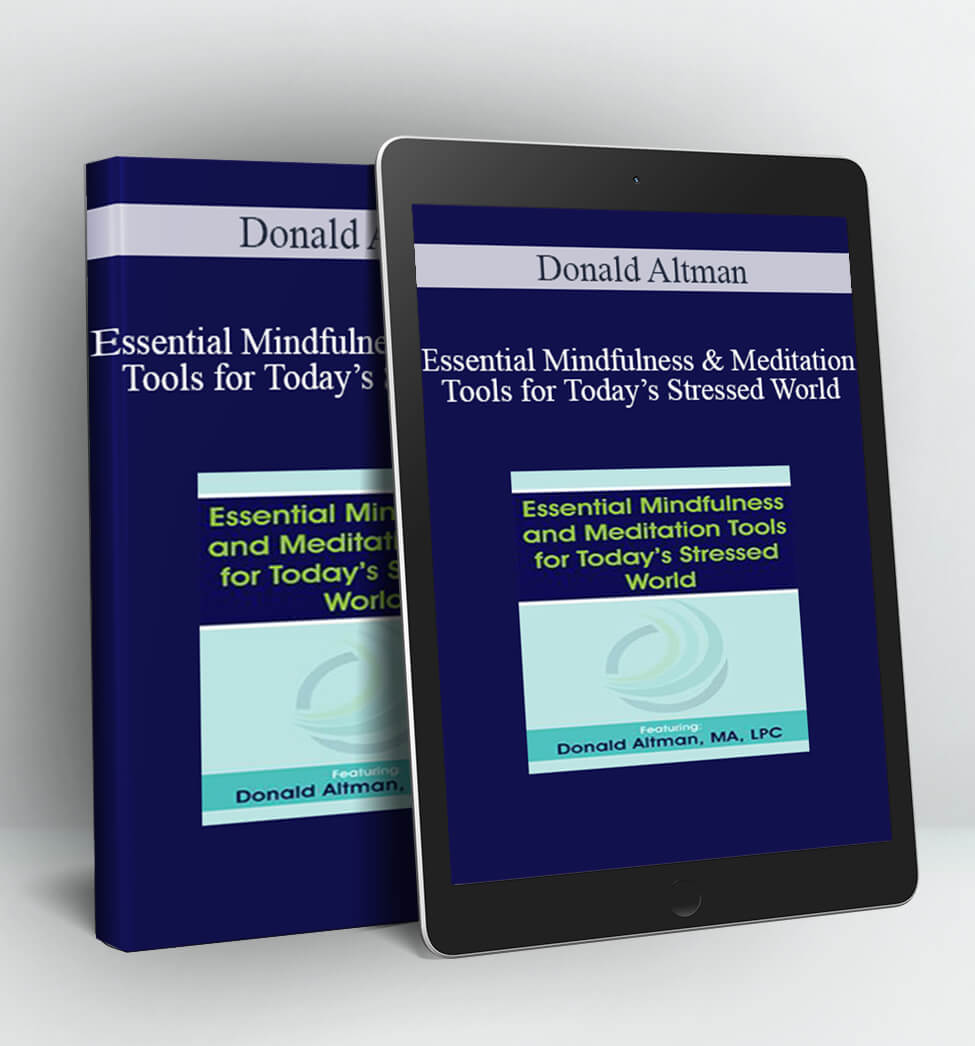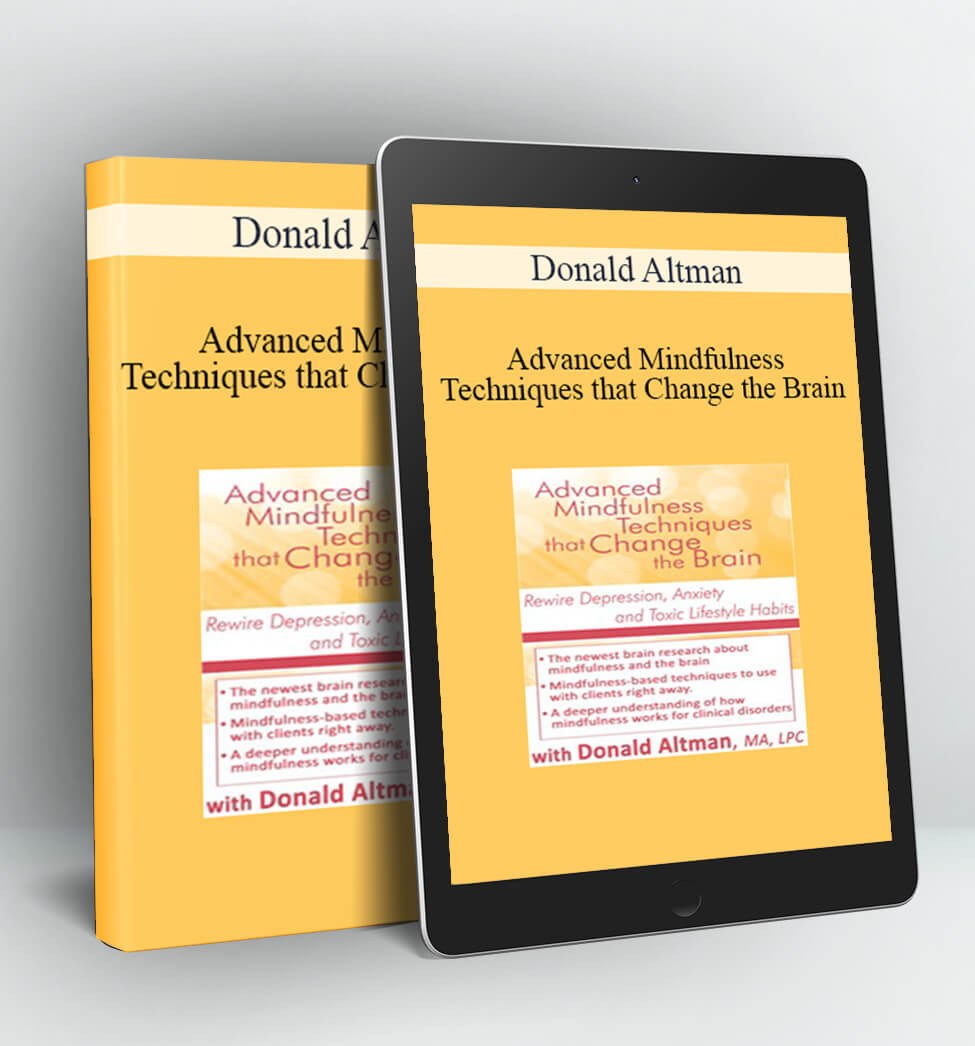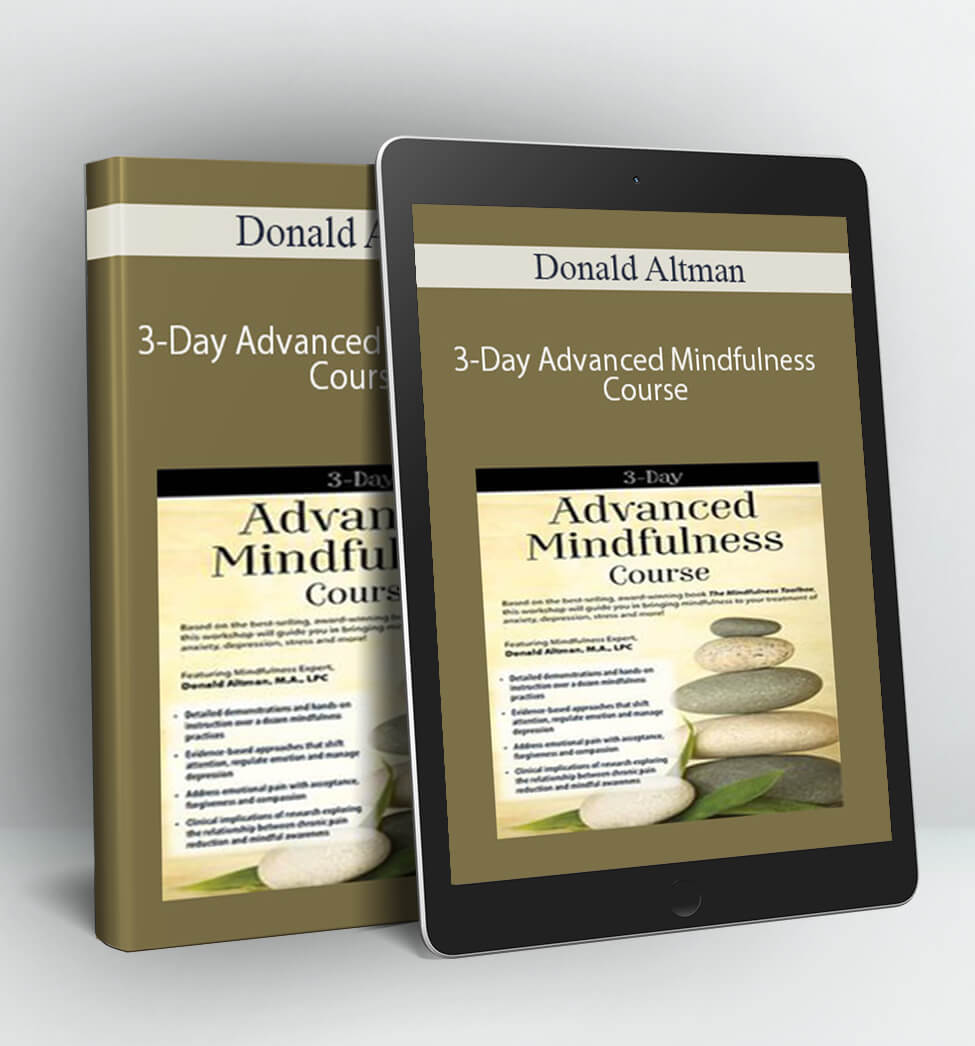Reclaiming Reflection and the Power of Pause – Donald Altman
- Faculty:
- Donald Altman
- Duration:
- 2 Hours
- Format:
- Audio and Video
- Copyright:
- Mar 22, 2019
Description
Over 150 years ago, while walking in the woods, Henry David Thoreau wrote, “The thought of some work will run in my head and I am not where my body is. I am out of my senses.” Today, being present is much more challenging! Drawing upon research, you’ll discover how to strengthen the mindfulness skills that allow for everything from processing new information and integrating new behaviors to regulating emotions. In fact, helping clients reclaim reflection may be the single-most important building block you can offer for healing, well-being, calm, and compassion. In a world with little time to “stop and smell the roses,” help clients take greater control over their lives.
Handouts
| Manual – Reclaiming Reflection and the Power of Pause (783.1 KB) | 15 Pages | Available after Purchase |
Outline
Apply practices that encourage reflection and pause to maximize therapy during and between sessions through.
- Learn how to use metacognition as a way of noting key moments in the therapy session.
- Use reflection as a homework assignment for patients to put work from therapy into action between sessions.
Reframe reflection to increase client engagement and clients interrupt craving, impulsivity, and negativity.
- Help clients change their relationship with cravings by noticing and rating how the intensity of the craving changes over time.
- Teach clients regulate emotions and step back from impulsivity and negativity by using breathing to turn on the parasympathetic nervous system.
Integrate reflection with CBT in sessions to improve clinical outcomes.
- Use labeling of thinking styles as a way to increase awareness of how thoughts affect emotions.
- Use naming of emotions as a means of pausing and apprising one’s emotional states, as well as pausing from negativity.
Faculty
Donald Altman, MA, LPC Related seminars and products: 1
Donald Altman, M.A., LPC, is a psychotherapist, award-winning writer, former Buddhist monk, teacher and an adjunct professor at Lewis and Clark Graduate School of Education and Counseling. He is also a faculty member of the Interpersonal Neurobiology program at Portland State University and teaches various classes blending mindfulness and Interpersonal Neurobiology.
A prolific writer whose career spans more than 25 years, Donald has authored several pioneering books on mindfulness, beginning with his 1998 Art of the Inner Meal. (HarperOne, 1999). His book, The Mindfulness Code (New World Library, 2010) was named as “One of the Best Spiritual Books of 2010.” He has also authored The Mindfulness Toolbox for Relationships: 50 Practical Tips, Tools & Handouts for Building Compassionate Connections (PESI, 2018), Stay Mindful & Color: Find Calm, Clarity and Happiness (PESI, 2016), Meal By Meal (New World Library, 2004), Living Kindness (Moon Lake Media, 2009), One Minute Mindfulness (New World Library, 2011), The Joy Compass (New Harbinger, 2012), The Mindfulness Toolbox: 50 Practical Tips, Tools & Handouts for Anxiety, Depression, Stress & Pain (PESI, 2014) and, 101 Mindful Ways to Build Resilience: Cultivate Calm, Clarity, Optimism & Happiness Each Day (PESI, 2015).
In addition to his books, Donald was a staff writer for an EMMY-Award winning children’s television show (“The Magic Door”, CBS Chicago), won an American Medical Writer’s Association award, co-created the first interactive comic strip on America Online, and has had articles appear in New Age Journal, the Los Angeles Times, and Independent Business Magazine, among others.
Donald reaches out to the professional community by serving as the vice president of The Center for Mindful Eating. Donald works extensively with mindful meditation in his own life, as well as offering these tools to others through his books and classes. He teaches mindfulness and spiritual values around the country. He is dedicated to bringing these ancient practices in tune with modern living and to invite wellness into our stress-filled lives. Donald is also a member of the Burma Buddhist Association. An avid motorcyclist, he enjoys riding his motorcycle along the beautiful Oregon coast.
Speaker Disclosures:
Financial: Donald Altman is in private practice. He is an Adjunct Faculty member of the Interpersonal Neurobiology Program at Portland State University. Mr. Altman receives a speaking honorarium from PESI, Inc.
Non-financial: Donald Altman has no relevant non-financial relationship to disclose.
Access Download Reclaiming Reflection and the Power of Pause – Donald Altman right now!
Delivery Method:
After your purchase, you’ll get access to the downloads page. Here, you can download all the files associated with your order.
Downloads are available once your payment is confirmed, we’ll also send you a download notification email separate from any transaction notification emails you receive from Vinlearn.

